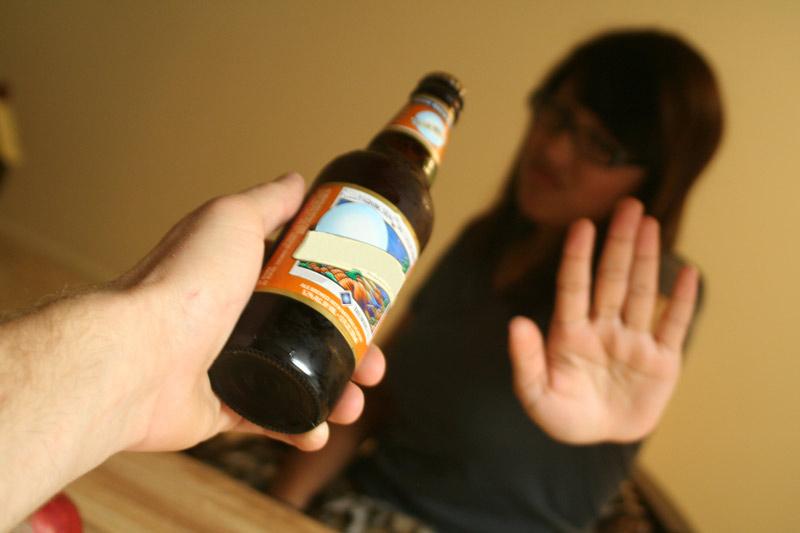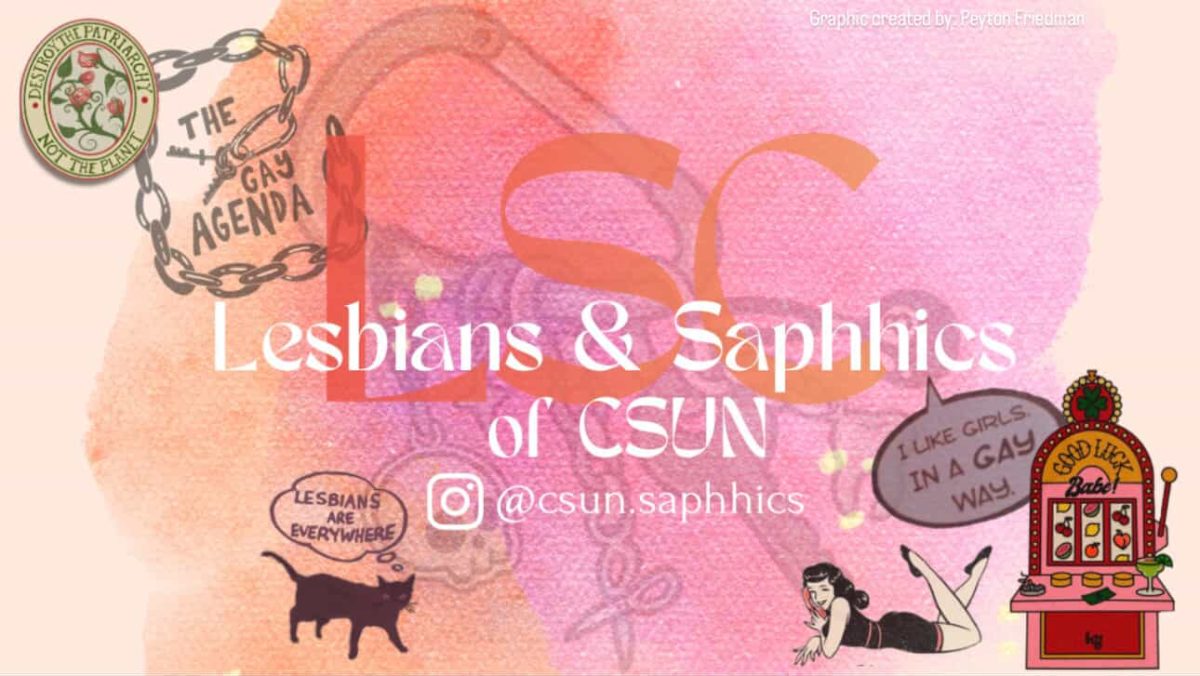
The fourth biennial report of the California State University’s (CSU) Alcohol Policies and Prevention states that the alcohol abuse among students has decreased. Currently at CSUN, the Klotz Student Health Center, campus police and other departments are collaborating to teach and promote responsible use of alcohol.
Five years ago, according to Capt. Scott Vanscoy of the Department of Police Services, alcohol related incidents on campus were at a level that required a new approach. This approach has less to do with campus police and its enforcement, and more to do with education.
“We’ve worked in a manner of being able to decrease the need of enforcement and increase the educational pieces to a successful level which statistics show,” Vanscoy said.
According to the CSUN Police Department Crime Statistics report from 2006-2009, the number of arrests for violation of liquor laws has decreased significantly. In 2008, the arrests were down to two from 10 in 2007 and 16 in 2006.
The National College Health Assessment conducted a survey among CSUN students in Spring 2009 in regards to what students do when they “party.” Results show that 80.7 percent use a designated driver compared to the Spring 2006 survey, which had a result of 73.2 percent.
Aside from campus police and the health center, Student Housing & Conference Services, University Counseling Services (UCS) and Students Affairs work together to help students make good choices concerning alcohol.
These departments are working on a comprehensive strategy to deal with alcohol on campus. Marianne Link, assistant director of health promotion at the health center, said these strategies include policy, education and enforcement.
The alcohol policy can be found on the Student Affairs, campus police, or CSU Web sites.
CSUN applies for a grant to the California Office of Traffic and Safety (OTS) and identifies activities that will help meet the goals and objectives of the OTS, Link said. Examples of these goals are the reduction of underage drinking and impaired driving and reinforcing peer counseling.
With this grant, students may become more aware of the resources on campus available to them. Students have the option of going to Janis Martin, wellness coach at the health center, for counseling.
“We anticipate that counseling might actually increase because more students know about the services,” Link said.
One of the activities the health center hosted was “Get The Matador Buzz.” Last spring and the spring before, they teamed up with student housing and the athletics department to bring in a driving simulator from the Save a Life Tour organization. People were able to sit behind the wheel with multidimensional screens and feel what it is like to drive under the influence of alcohol.
Not only did the students participate, but also everyone around was able to see what happens when someone drives under the influence, said Sharon Aronoff, health educator at the health center.
The University Police Services also uses the “goggles” during presentations and workshops relating to alcohol use and abuse. People are able to feel what it is like to drive, walk and interact when the blood alcohol content is high.
Peer counselors conduct presentations to various classes, clubs and organizations. One of the activities they conduct is a game called Alcohol Jeopardy, which is similar to the television game show “Jeopardy.”
The UCS also utilizes a few options such as referrals to Alcoholic Anonymous meetings and in-patient and out-patient treatment centers, said Director of UCS Dr. Mark Stevens.
“For someone who wants to change their drinking behavior, there has to be motivation to do that,” Stevens said.





